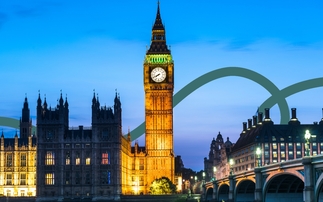The government's U-turn on its plans to raise National Insurance (NI) contributions for the self-employed just one week after they were unveiled in the 2017 Spring Budget could have significant longer-term ramifications, financial services commentators have warned.
While some were quick to pick up on the relief the decision will offer the self-employed in the short run, others were more concerned about what it meant in the longer term for the pension funding of those same self-employed and also for how the broader tax system may be balanced between them and employees. Chancellor Philip Hammond had told parliament in his Budget speech last Wednesday that Class 4 NI contributions for the self-employed would rise from 9% to 10% in 2018 and then by a further percentage point to 11% in 2019. He explained the rate hike was being introduced in an effort t...
To continue reading this article...
Join Professional Adviser for free
- Unlimited access to real-time news, industry insights and market intelligence
- Stay ahead of the curve with spotlights on emerging trends and technologies
- Receive breaking news stories straight to your inbox in the daily newsletters
- Make smart business decisions with the latest developments in regulation, investing retirement and protection
- Members-only access to the editor’s weekly Friday commentary
- Be the first to hear about our events and awards programmes








